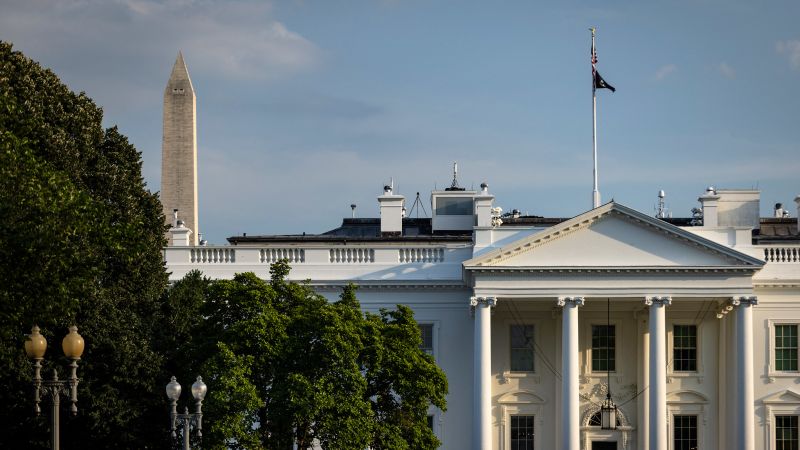CNN
—
The Biden administration released a final rule Monday aimed at expanding access to and lowering costs of treatment for mental illness and substance use disorders. Most of the rule’s provisions apply to group health plans and health insurance issuers for plan years beginning on or after Jan. 1.
The rule would allow mental health and substance use disorder treatment in private insurance plans to be covered at the same level as physical health benefits. That could mean “adding mental health and substance use specialists to networks and reducing red tape for health care providers to deliver treatment,” according to a White House fact sheet shared with CNN ahead of Monday’s announcement.
“Mental health care is health care. But for too many Americans, critical care and treatment is out of reach. Today, my administration is taking steps to address the nation’s mental health crisis by making sure mental health care is covered at the same level as other health care for Americans. There is no reason why having a broken arm should be treated differently from having a mental illness,” President Joe Biden said in a statement.
The rule strengthens the Mental Health Parity and Addiction Equity Act (MHPAEA), a 2008 federal law that requires plans that offer mental health coverage to do so at the same level as physical health coverage. Despite the law, insurers often make it difficult to access in-network mental health care, White House domestic policy adviser Neera Tanden said at the briefing. Instead, people still pay high prices for mental health care and often have to pay out of pocket for out-of-network care.
According to the administration, the rule directs insurers to evaluate coverage based on several criteria, including a plan’s provider network, how much the plan pays for out-of-network coverage, and the extent to which existing plans require and approve prior authorizations.
“No one should have to dip into their savings or go into debt to get help for themselves or a loved one,” Tanden said, adding that the changes would allow 175 million people with private insurance to use their own plans to get health care.
The final rule also closes a loophole that exempted federally provided health insurance plans from complying with MHPAEA. The Administration estimates that this measure will require more than 200 additional health insurance plans to improve mental health care for 120,000 consumers.
Tanden stressed that access to mental health care is “critically important to the well-being of our families.”
“As we all know, mental health issues reach every corner of our country. Two in five American adults suffer from anxiety or depression. Sadly, suicide is the second leading cause of death among young people ages 10 to 24,” Tanden said, calling the figures “unacceptable.”
Administration officials said enforcement of the rule would fall to the Departments of Labor, Treasury and Health and Human Services.
“For too long, workers have faced unnecessary obstacles to accessing treatment for mental health and substance use disorders – barriers that can mean the difference between life and death. The Biden-Harris Administration is committed to breaking down these barriers and ensuring all workers have equal access to the care they need to thrive,” Acting Secretary of Labor Julie Su said in a statement.
Get CNN Health’s weekly newsletter
Still, the law does not require employers to offer mental health benefits to employees. The ERISA Industry Committee, a major employers’ group, said: said Some of the proposed changes “would be so burdensome that they would force many members to reconsider the type and level of coverage they have in their plans,” AHIP, a trade group for health insurers, said in a statement. said The proposed changes risk having “unintended consequences that hinder the availability, affordability, or safety of mental health care and substance use disorder treatment.”
Biden administration officials said the final rule clarifies insurer obligations and agencies will help health plans comply, noting that some provisions don’t go into effect until January 2026.
“Health care is health care, whether it’s a physical issue or a behavioral issue, and no one should receive inferior care because of one or the other,” U.S. Health and Human Services Secretary Xavier Becerra said in a statement. “That’s the law, and the rule we’re issuing today makes that clear.”
CNN’s Donald Judd contributed to this report.

